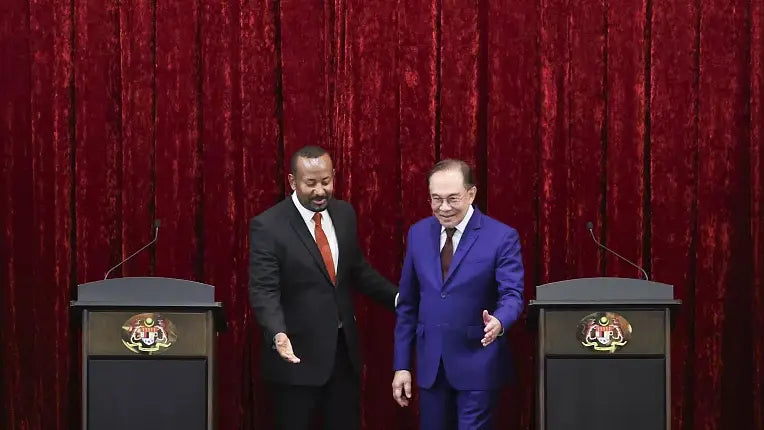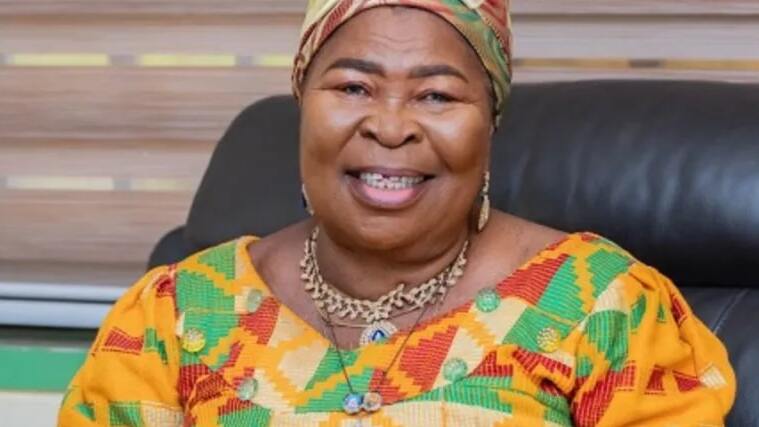
Botswana Elections: Tense Poll With BDP's Future at Stake
On Tuesday, polling stations in Botswana opened their doors to thousands of voters ready to determine the political future of their country. The Botswana Democratic Party (BDP), which has dominated the political scene since the country’s independence in 1966, finds itself under more pressure than ever. Faced with a revitalized opposition and a tense social climate, this year’s vote could well mark a turning point in the political trajectory of this nation renowned for its stability. But is the reality on the ground really ripe for a major upheaval?
BDP: a political giant facing the test of its longevity
Since independence, the BDP has been Botswana’s dominant political force, having built a reign of more than fifty years through relatively stable governance and moderate economic management. Botswana, one of the few African countries to have never experienced a coup, has thus benefited from the BDP’s political longevity, which has contributed to its image as Africa’s “democratic miracle.” But today, this once uncontested giant is reeling under the weight of social, economic and environmental challenges.
Batswana, particularly the youth, are expressing growing weariness with a party they see as outdated and unwilling to address the country’s pressing needs. Issues such as youth unemployment, inequality and environmental concerns are becoming real points of tension. Despite decades of growth fuelled by diamond mining, the benefits of this national wealth do not appear to have translated into significant improvements in living conditions for the majority of citizens. The BDP, now seen as stagnant, is struggling to mobilise new ideas or appeal to young people seeking change.
Opposition unites: an unprecedented challenge for the BDP
The BDP's main opponent, the opposition coalition led by the Alliance for Progress (AP), brings together several parties that were once divided but are now determined to join forces. In recent months, the opposition has waged an aggressive campaign, capitalizing on popular discontent and promising major reforms in education, employment and social justice. This coalition could well be the first to seriously challenge the BDP's monopoly.
Dumelang Saleshando, the opposition leader, has become a popular figure, symbolizing the hope of renewal for many Batswana. Charismatic and determined, he promises to review mining policies to ensure that wealth benefits local people, improve the health system and invest heavily in education to provide better opportunities for young people.
The campaign also focused on promises of transparency and the fight against corruption, recurring themes in opposition speeches that accuse the BDP of tolerating the dubious practices of some of its members. The international context, with growing expectations in terms of governance and respect for human rights, adds additional pressure on the leaders in place.
A test of Botswana's democracy
These elections, more than just a democratic formality, represent a test of maturity for Botswana. If the BDP manages to maintain its position, it could reinforce the perception of an aging but still solid regime. On the other hand, a victory for the opposition would mark Botswana's entry into a new era, where political diversity and alternation could finally become a tangible reality.
Polls will remain open until late in the evening, and results are expected to be available in the coming days. Whether they favour the status quo or disruption, these elections will undoubtedly mark the history of Botswana, a country at the crossroads between continuity and profound change. For the first time, the BDP may well be forced to reexamine its foundations and consider internal reform to meet the will of an increasingly demanding population.



Leave a comment
This site is protected by hCaptcha and the hCaptcha Privacy Policy and Terms of Service apply.